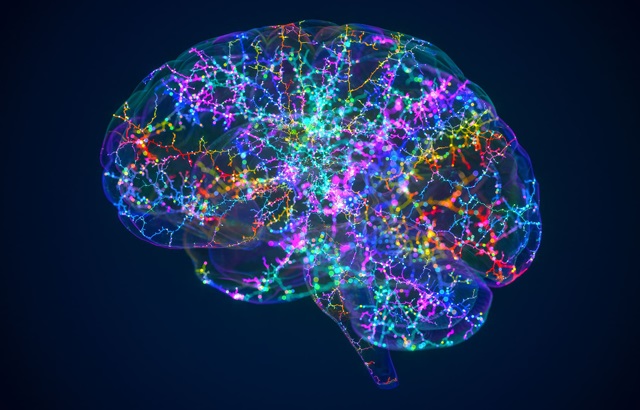Non-Invasive Medical Imaging Test Predicts Dementia Nine Years before Diagnosis
Posted on 12 Jun 2024
Predicting future cases of dementia is crucial for developing interventions aimed at preventing the irreversible loss of brain cells responsible for dementia symptoms. While advancements have been made in identifying brain proteins linked to Alzheimer’s disease, many individuals carry these proteins for years without exhibiting dementia symptoms. Currently, dementia is commonly diagnosed through memory tests or by measuring brain shrinkage. Now, a newly developed method offers over 80% accuracy in predicting dementia up to nine years before an official diagnosis, providing a more precise approach to early identification.
Researchers at Queen Mary University of London (London, UK) developed this predictive test by analyzing functional MRI (fMRI) scans to assess changes in the brain’s ‘default mode network’ (DMN), which is essential for cognitive functions and is the first neural network impacted by Alzheimer’s disease. Utilizing fMRI scans from more than 1,100 volunteers from the UK Biobank—a comprehensive biomedical database containing health and genetic information from half a million UK participants—the team evaluated the effective connectivity among ten brain regions that make up the DMN. Each participant was assigned a probability of developing dementia based on how closely their connectivity patterns matched those typically seen in dementia versus control-like patterns.

The predictions were then matched against the medical records of the participants from the UK Biobank. Results demonstrated that the model could accurately forecast the onset of dementia up to nine years before it was officially diagnosed, with an accuracy rate exceeding 80%. For those who eventually developed dementia, the model was also able to predict, within a two-year margin of error, the timeline until diagnosis. Further investigations by the researchers explored whether alterations to the DMN could be attributed to known dementia risk factors. Their findings indicated that genetic predispositions to Alzheimer’s disease strongly correlated with connectivity changes in the DMN, reinforcing the notion that these alterations are specific to Alzheimer’s. Additionally, they noted that social isolation could increase dementia risk due to its impact on DMN connectivity.
“Using these analysis techniques with large datasets we can identify those at high dementia risk, and also learn which environmental risk factors pushed these people into a high-risk zone. Enormous potential exists to apply these methods to different brain networks and populations, to help us better understand the interplays between environment, neurobiology and illness, both in dementia and possibly other neurodegenerative diseases,” said Samuel Ereira, lead author and Academic Foundation Program Doctor at the Centre for Preventive Neurology, Wolfson Institute of Population Health. “fMRI is a non-invasive medical imaging tool, and it takes about 6 minutes to collect the necessary data on an MRI scanner, so it could be integrated into existing diagnostic pathways, particularly where MRI is already used.”
Related Links:
Queen Mary University of London














